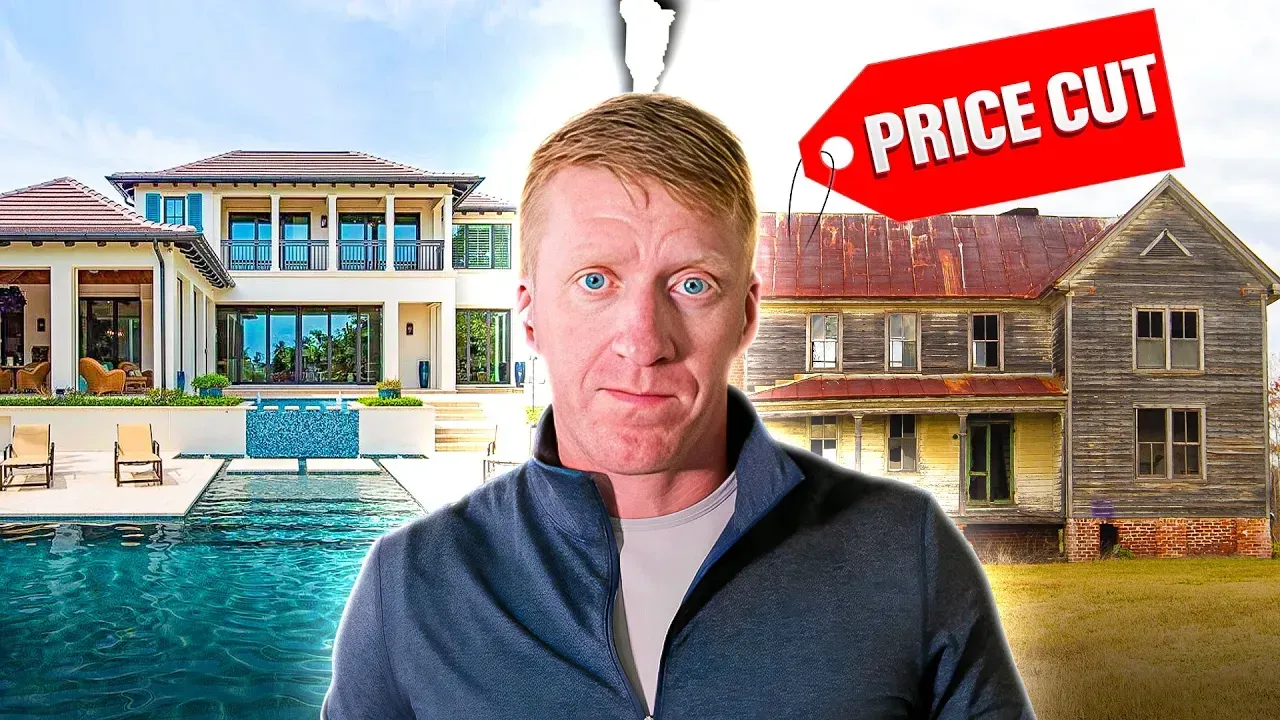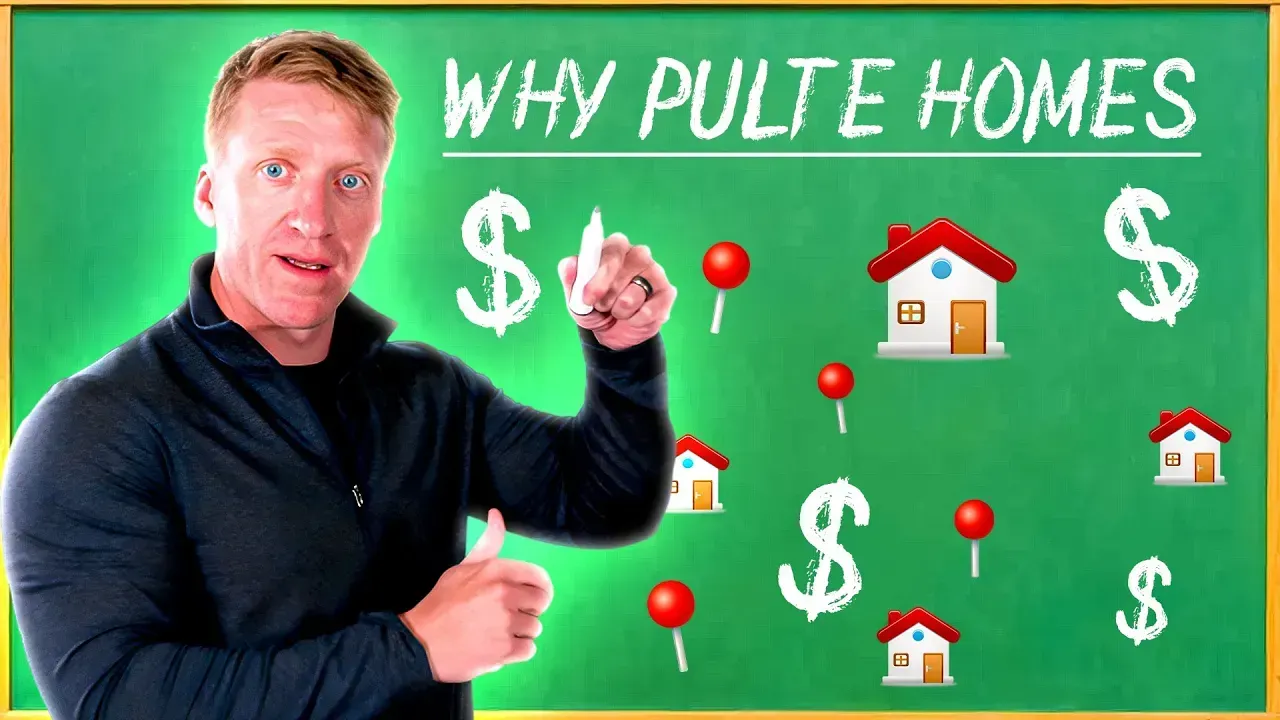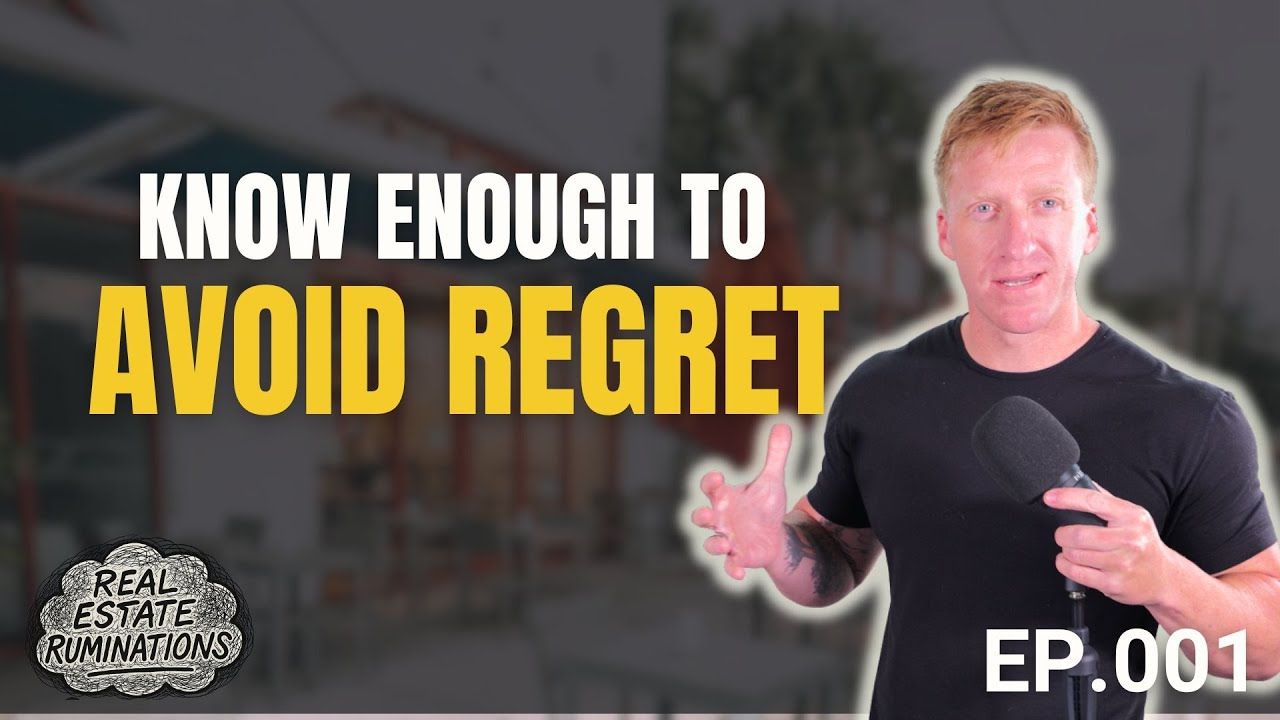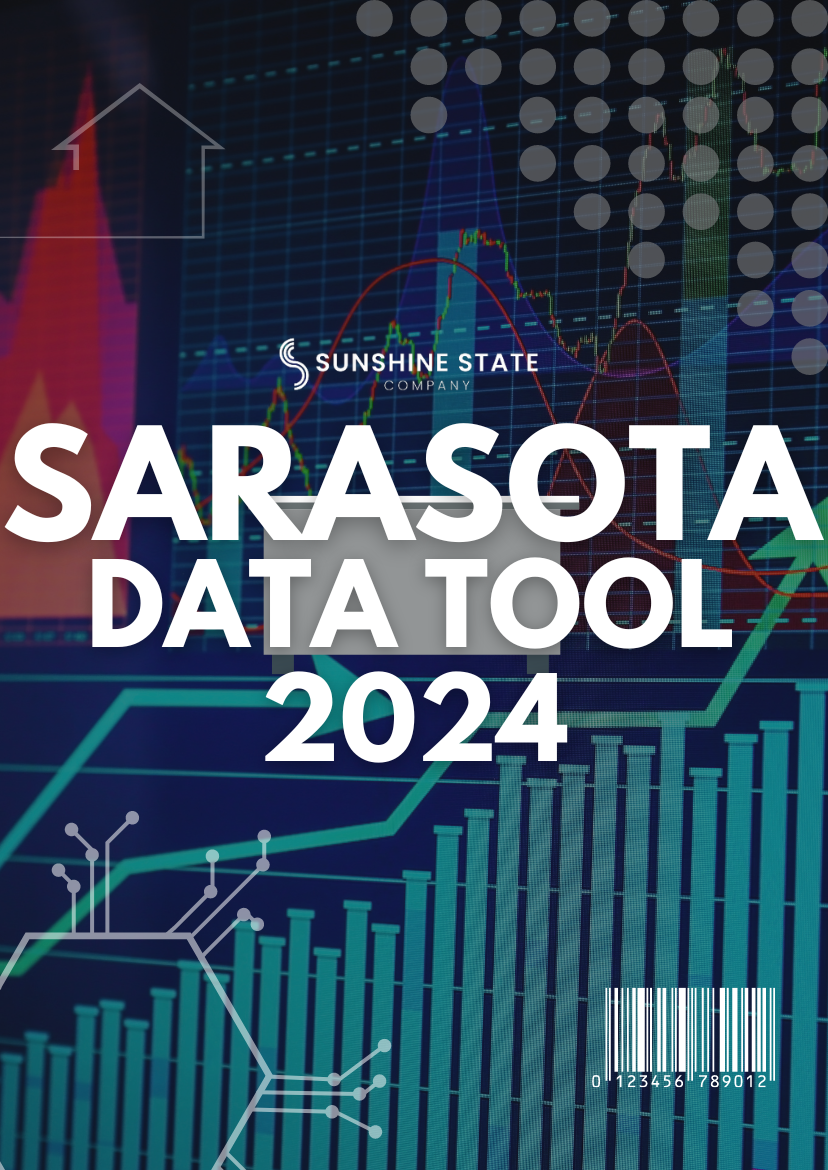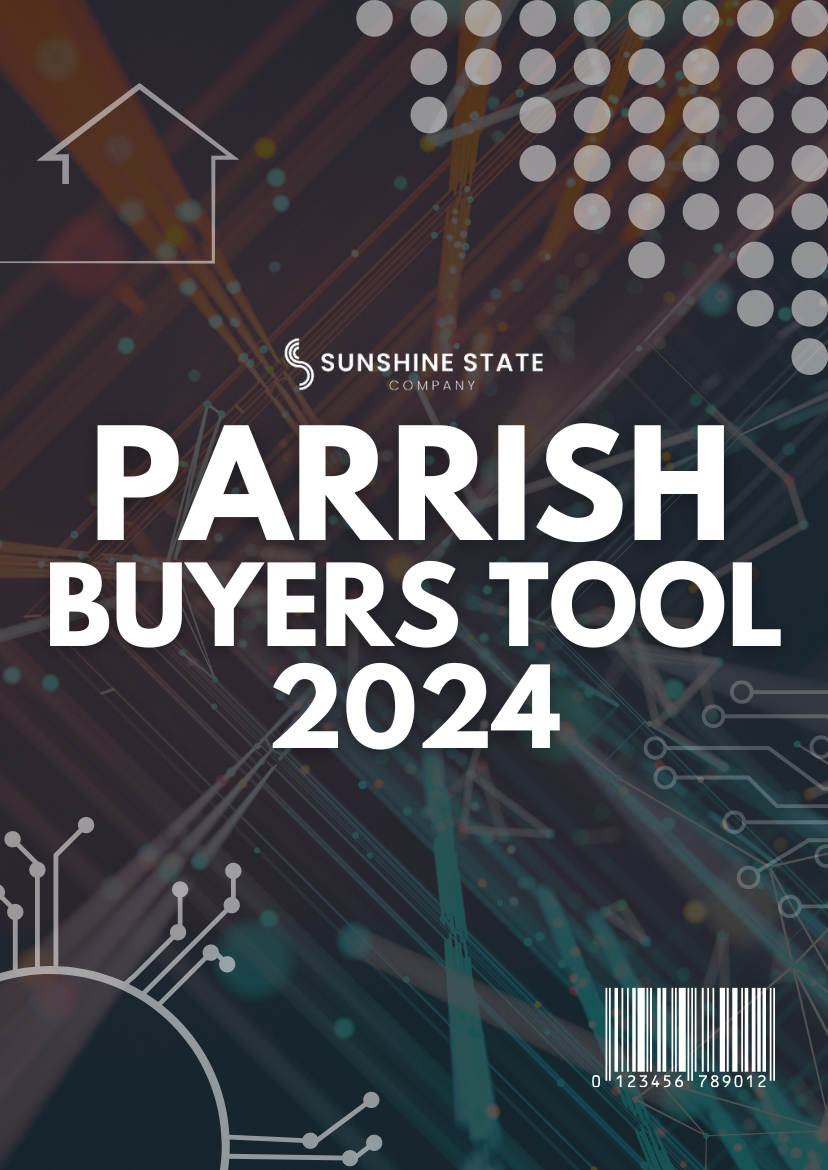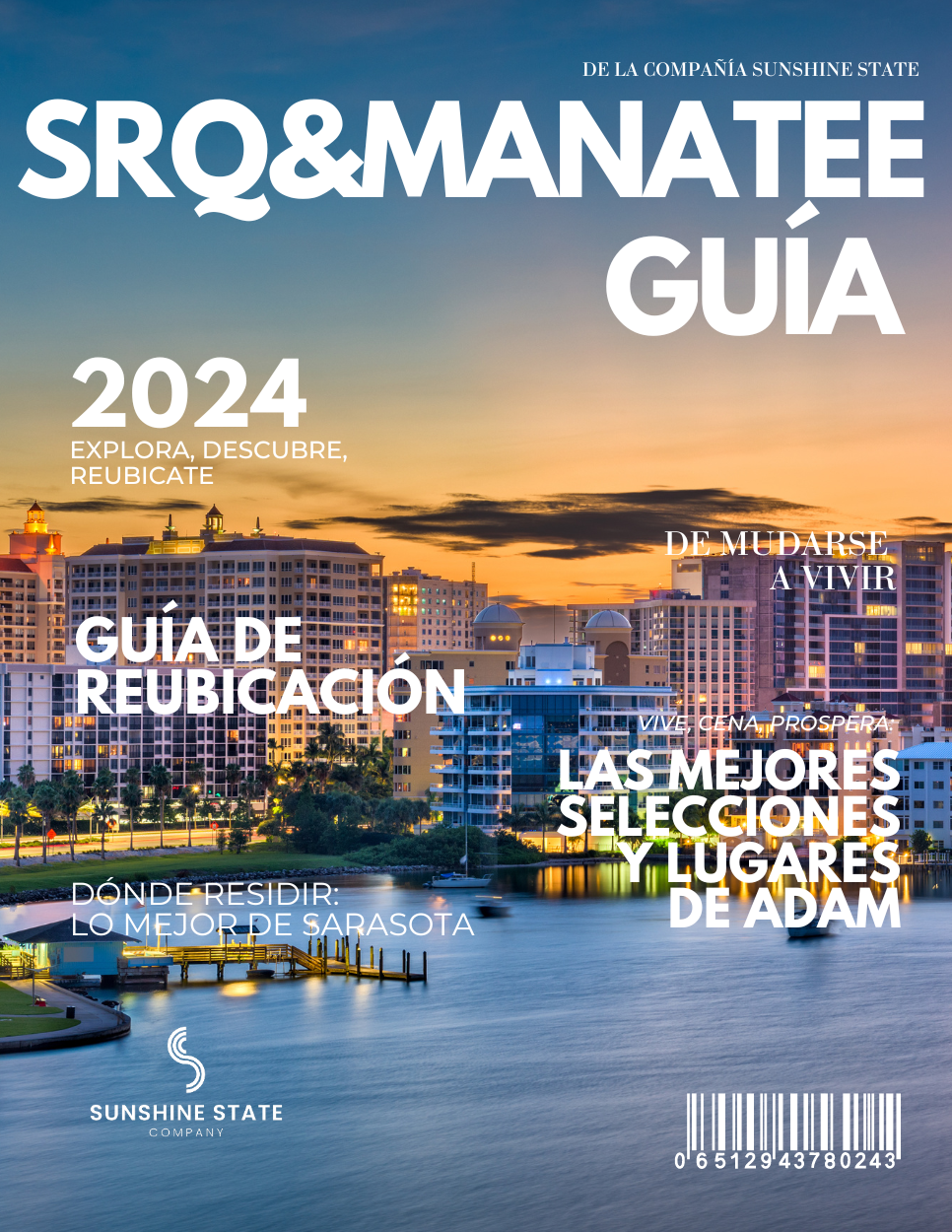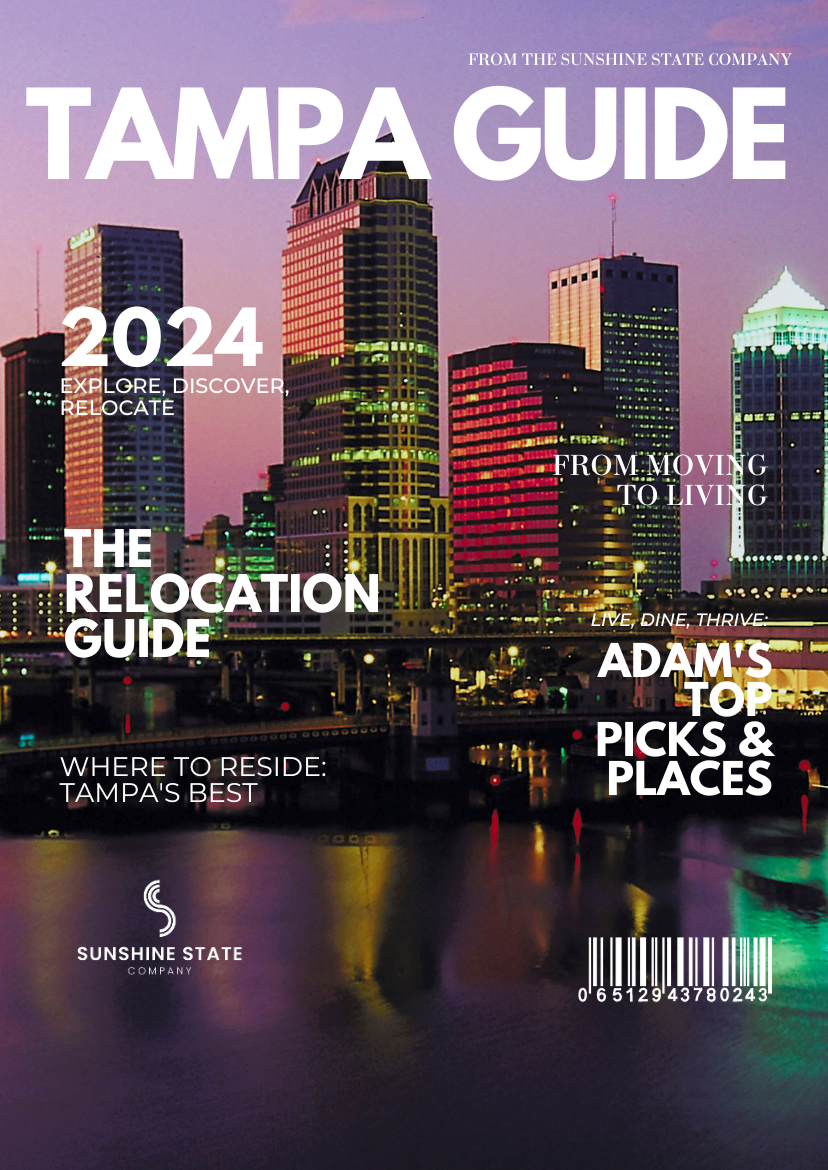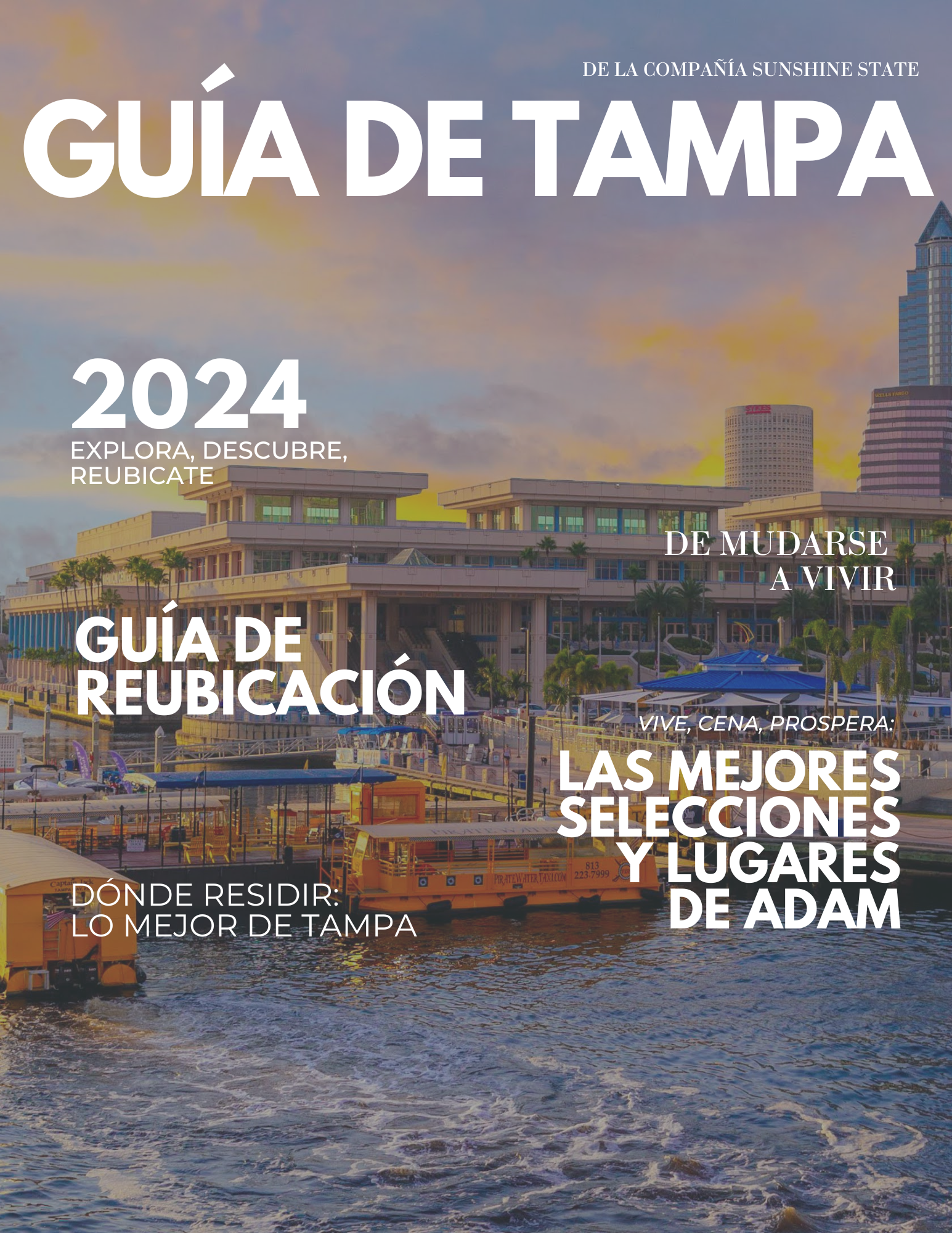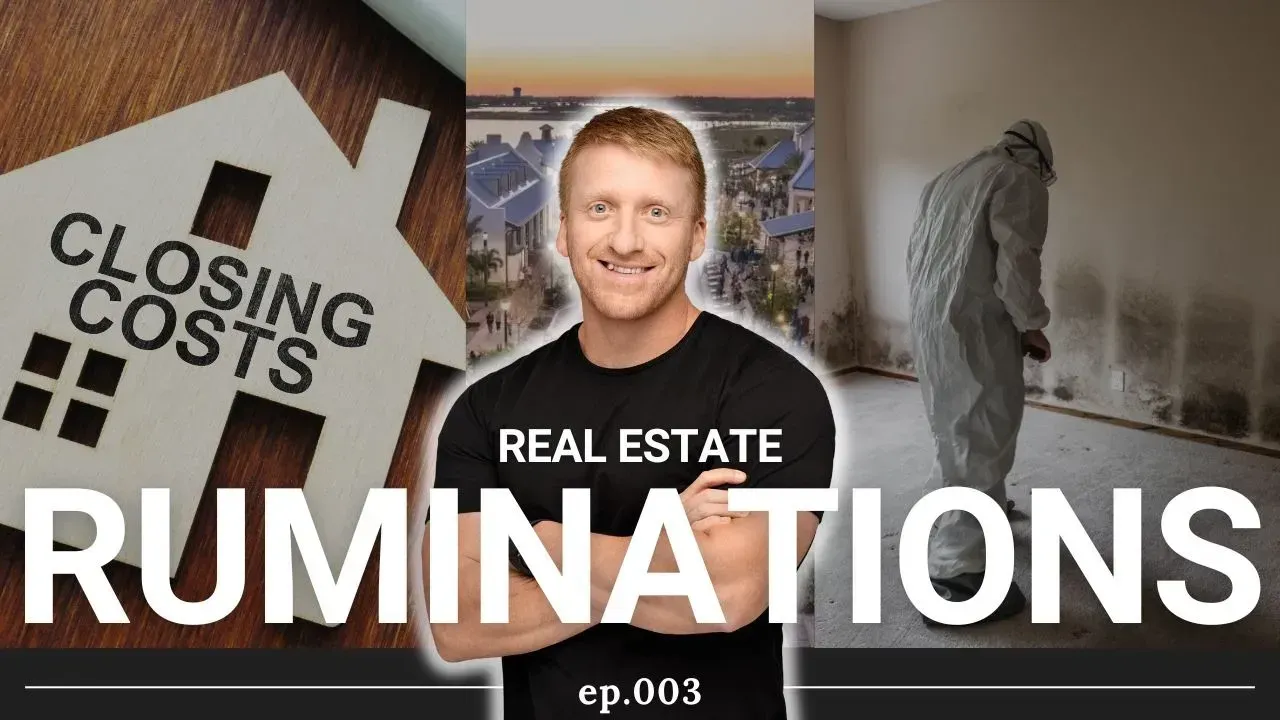Why Florida Home Prices Are Falling (And What It Really Means)
Table of Contents:
- Introduction
- The Frenzy Is Over: Florida Market Cools Off
- Inventory Surge: Listings Are Flooding the Market
- What’s Causing the Drop?
- This Isn’t 2008—But It’s Still a Serious Correction
- Bottom Line: A Market in Reset Mode
Introduction
Florida’s real estate market has shifted—dramatically. Not long ago, the state was ground zero for bidding wars, waived inspections, and buyers lined up around the block just to get into a showing. But today, the numbers tell a different story. Home prices are sliding, inventory is ballooning, and the once red-hot market has cooled to a simmer. So, what’s driving this shift? And how serious is it? Let’s unpack the data and get a clear picture of where things actually stand.
The Frenzy Is Over: Florida Market Cools Off
According to recent reports, Florida's median home price now sits around $411,000, reflecting a 2.9% drop year-over-year. That might sound modest, but in real estate terms, especially in markets that only recently felt unstoppable, it’s meaningful. In places like Tampa Bay, prices are down even more—over 3%.
Look even closer and the trends become even sharper. Sarasota and Manatee Counties are showing some of the biggest price declines not just in Florida, but across the entire country. In North Port and Cape Coral, nearly 1 in 3 listings dropped their price in just the past two months.
Meanwhile, home builders are hustling—throwing out discounts from $25,000 to $75,000, along with mortgage rate buy-downs, free upgrades, and sometimes even golf carts. It’s a full-court press of incentives.
Inventory Surge: Listings Are Flooding the Market
While prices are softening, inventory is climbing at a historic rate:
- Single-family homes: up 32%
- Condos: up 36%
- Miami-Dade County: up 40% year-over-year
The shift from “scarcity mindset” to “plenty of options” has been swift. We’ve gone from buyers paying $100,000 over asking in 2021 to sellers nervously offering incentives and begging for flexibility in 2025.
The playing field has flipped, and with more homes on the market and fewer eager buyers, sellers—and especially builders—are feeling the pressure.
What’s Causing the Drop?
Several major forces are pushing Florida’s home prices downward:
1. Mortgage Rates Are Up—A Lot
The 30-year fixed rate sits around 6.7%, which is nearly double what buyers could lock in back in 2021. That difference alone adds about $800/month to the typical home loan, knocking many would-be buyers out of contention entirely.
2. Overbuilt Supply
During the pandemic boom, builders went into overdrive. As demand surged, they raced to keep up. Now that demand has cooled, those same homes are sitting on the market—flooding supply and pushing prices down.
3. Insurance Premiums Are Skyrocketing
Florida now holds the title for highest average home insurance premiums in the U.S. In some coastal areas, homeowners are facing $11,000+ per year just for coverage. For many, it’s like carrying a second mortgage with no end in sight.
4. Condo HOA Costs Are Spiking
After the Surfside collapse in Miami, the state tightened regulations on condo inspections and reserve funding. As a result, monthly HOA fees have jumped by 15%–25% in many buildings—even those that aren’t luxury high-rises. Some residents are now paying $800–$1,000/month just for upkeep, before taxes or insurance are even factored in.
This Isn’t 2008—But It’s Still a Serious Correction
To be clear: this isn’t a 2008-style crash. Most homeowners have equity. Lending standards are stricter. And there’s no massive wave of foreclosures looming.
But that doesn’t mean every market is on solid ground.
Certain Florida cities—Tampa, Winter Haven, Lakeland, Cape Coral, Palm Bay—are showing signs of vulnerability. Market studies have flagged 24 Florida metros at risk of price instability, pointing to rapid inventory spikes, affordability mismatches, and slower job growth.
In many cases, this looks less like a collapse and more like a controlled descent. After skyrocketing prices fueled by the pandemic boom, these markets are now coming back to earth—some more quickly than others.
Bottom Line: A Market in Reset Mode
Florida’s housing market is adjusting. The overheated conditions of the last few years are giving way to a more balanced, data-driven reality. Prices are correcting. Inventory is rising. And the days of panic buying are behind us—for now.
But even in a cooling market, the fundamentals still matter. Costs like insurance, taxes, and HOA fees haven’t budged. So while the sticker price on homes might look more appealing, total cost of ownership remains a key factor in any buying decision.
For now, all signs point to a state in real estate reset mode—not a crash, but a recalibration. And depending on where you’re looking, we may not have seen the bottom yet.
Recommended Blogs
Recommended Videos
Categories
Free Relocation Guides
The YouTube Channel
Watch The Latest With Adam Hancock
Each week I'll give my view on everything from the best neighborhoods around Southwest Florida and new construction communities.

One of the most unique things about our brokerage is how we view the real estate experience!
When you work with The Sunshine State Co team you get Adam, the broker, & your own dedicated agent. This formula provides clients with a full-time market researcher (aka - the best info possible), read more...
LIke Free stuff?
Florida guides, tools & more!
The absolute SMARTEST way to relocate and/or invest in the entire state of Florida. We create an abundance of original, value-based and economics-first resources to equip our clients for the real estate market ahead. Smarter buyers are more savvy buyers!
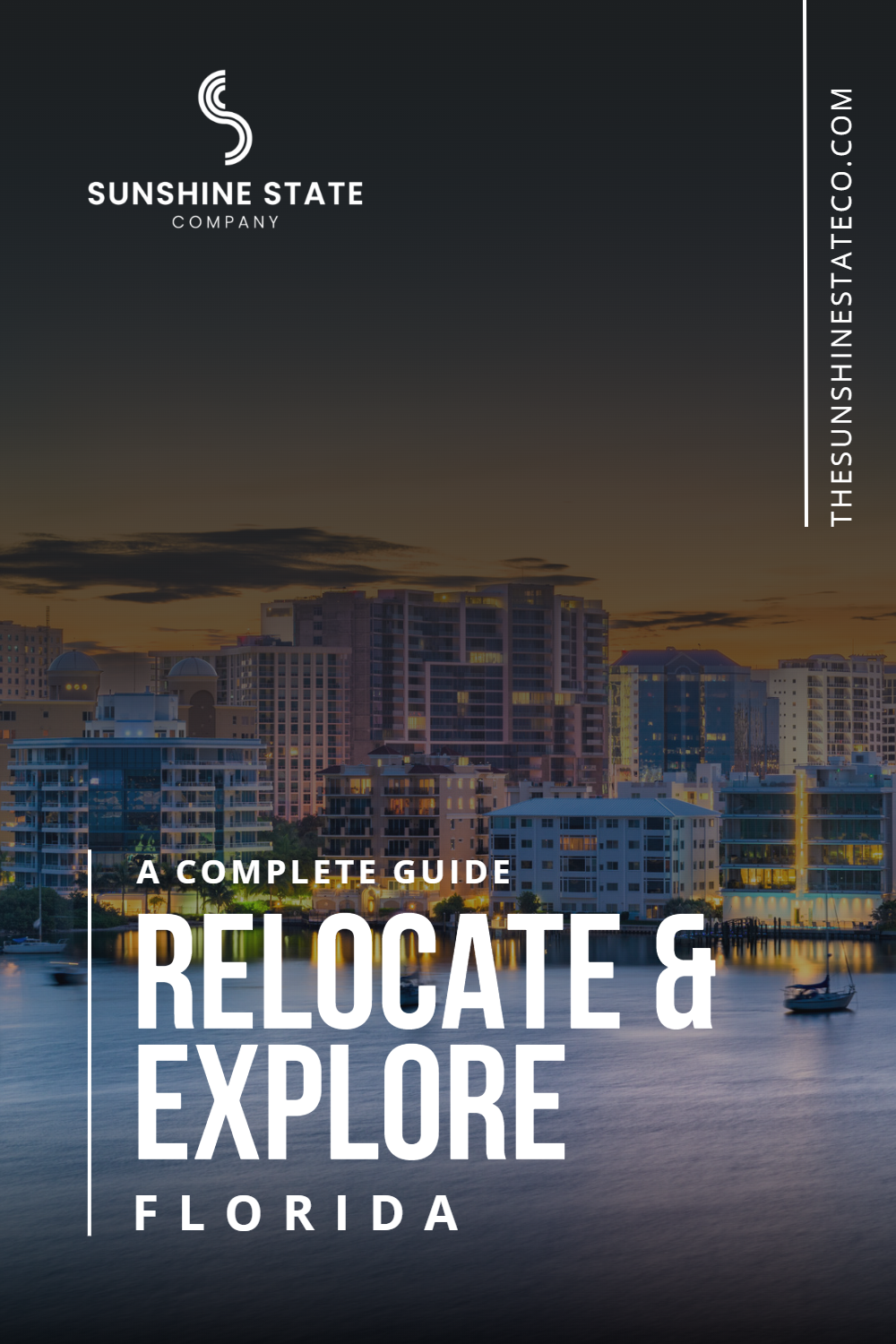
Sunshine State Company
Ready to take the next step?
Let's schedule a meting! During this initial consultation, we'll learn more about your situation and what you're seeking in a home. We'll provide advice and address any concerns you may have, in order to determine the best approach to achieving your goals. By the end of our conversation, we'll have a solid plan of action and next steps for moving forward.
